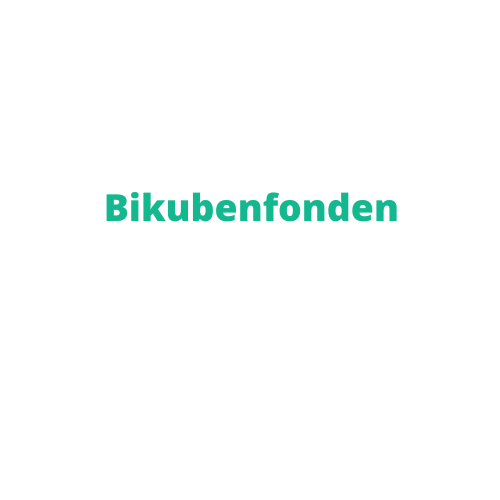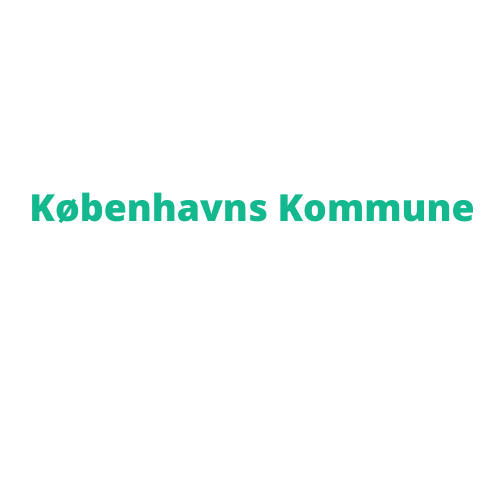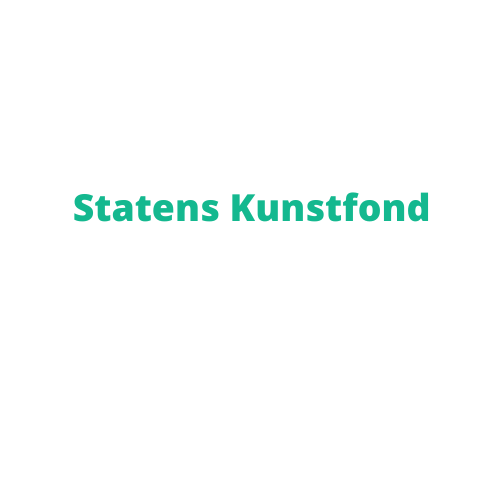Collective satisfaction
Practices of consent and decision-making in non-hierarchical collaboration.
A workshop proposal.
Format: IN PROCESS
Genre: Lectures Performance
The residency takes place at Zeppelin, CPH.
17.- 23.04.2023
Worksharing:
23.04.2023 at 2-4 pm
It's free to attend the worksharing but signup is neccesary.
Signup: billet@hautscene.dk
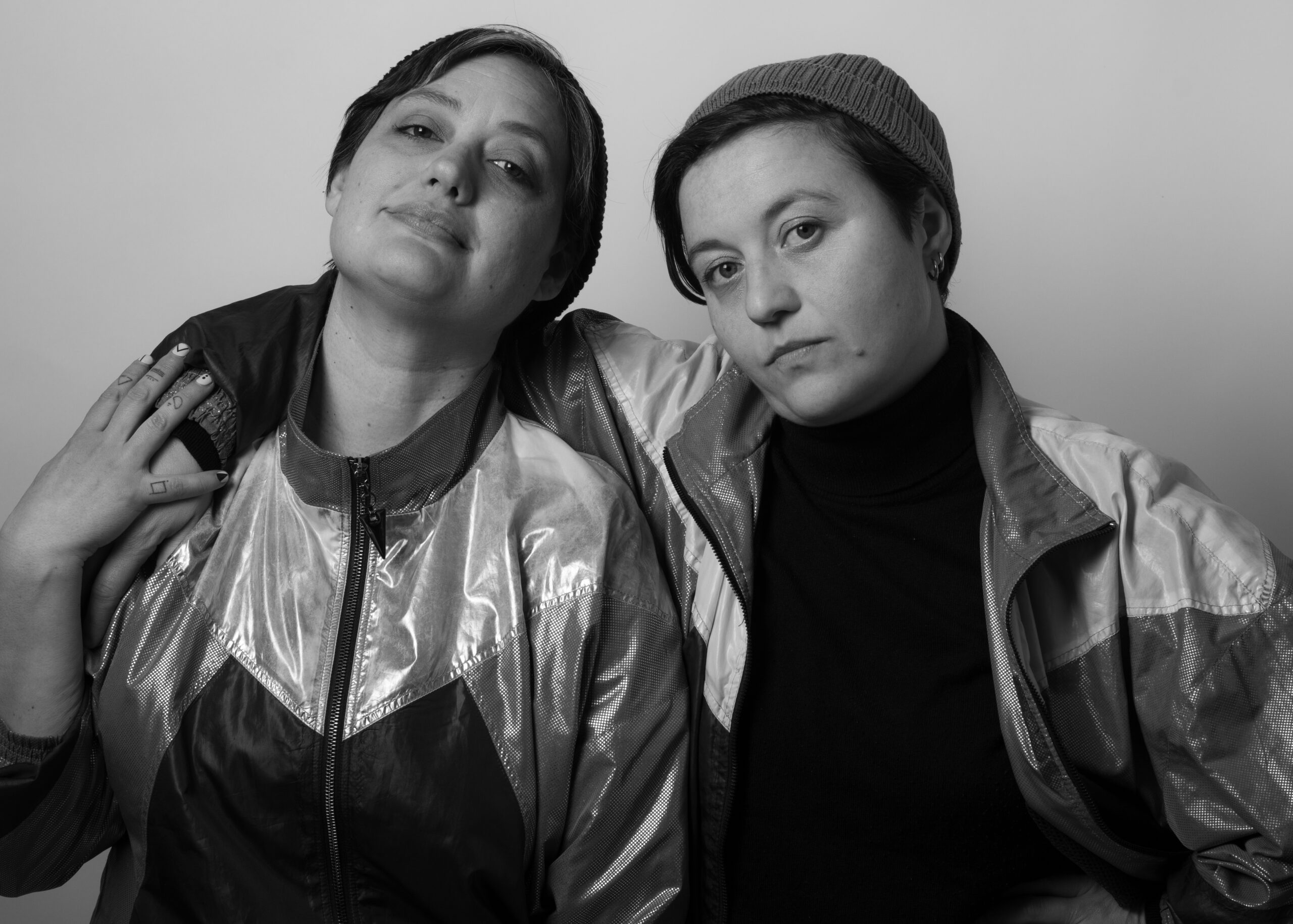

Karis Zidore
Photo: Selfportrait.
The artistic research
Joni Barnard and Zee Hartmann propose to corrupt traditional collaborative hierarchies rooted in western colonialism by developing a workshop exploring consent and decision-making processes within performance-generating frameworks.
While creating performance, how do we cultivate practices of clear, non-hierarchical collaboration, supported by a baseline of mutual trust and generosity? How can we disrupt an inherent dependency on the individualistic ego that is rooted in the colonial?
Joni and Zee's focus for this residency is to expose layers of complex collaborative approaches and practices as we work towards creating a workshop structure specifically interrogating aspects of decision-making and consent. Their research is motivated by their mutual frustration in colonial, capitalist, ego-driven, extractive ideologies that create burdens and obstacles in collaborative work.
Joni and Zee wants to highlight the importance of decentering ‘the artist’ as an untouchable, god-like creature, and how this belief upsets true communal collaboration.
About the artists
Joni Barnard (they/them) is excited by queer and trickster approaches to life and work, practices of consent and radical liberation. Originally from Johannesburg, South Africa, Joni is currently living and working in Berlin.
Joni is an artist, live performer, rapper, choreographer, facilitator and cultivator of embodied activism. They create subversive work to encourage people to reflect on identity politics and sociopolitical issues, such as gender diversity, racial and power dynamics and radical inclusivity.
Over the last five 5 years Joni has been researching and developing 'The Body Autonomy and Consent Methodology' in collaboration and relationship with fellow practitioners, students and teachers in Johannesburg and Berlin. Based in queer feminist practices, the workshop content supports the belief that practices of consent are culturally important for building self awareness, strengthening interpersonal relations and igniting transformation. Joni’s initial research impulse was to find new ways to nurture collective practices and to touch on the dream of collective liberation within artistic work. The workshop investigates the challenges and joys of collaboration, looking at what conflicts arise and why, and what barriers and obstacles are in place within collective practices that stop us from getting to the actual work. With an ongoing interest in queer and anarchic approaches they aim to uncover inclusive and lateral collaborative ideas that work against toxic hierarchical structures.
Zee Hartmann (they/she) is from Cape Town, South Africa. They hold a BA in Dance & Theatre, an AA in Fashion Design, an MFA in Dance and an MA in Dramaturgy. They are a multi-disciplinary artist that maintains a critical & creative writing practice, works professionally as a photographer and owns and operates their own fashion label. They currently live in Berlin, working on a freelance basis with both locally- and internationally-situated performance artists who specifically focus on queer & feminist subject matter.
In 2018 Zee proposed a 4-step guideline on how to productively give “negative” feedback during a work-in-progress showing and since then has been presenting these steps in a workshop called Saying No: Dramaturgical Strategies in the Dance Making Process.
During the course of their career working in performance, they noticed how often we, as participants in someone else’s working process, might be too scared to give feedback that might hurt the dance-maker’s feelings, but that would ultimately have a positive impact on the work itself. The 4 steps of Productive Negation aim to provide different strategies of working against the current societal tendency of excessive positive affirmation. Zee hopes to push this research further through an exploration of how assumptions of hierarchy and power and the myth of the ‘safe space’ impact decision-making during the creative process as well as how eradicating these assumptions might unproductively disrupt getting to the actual work.
